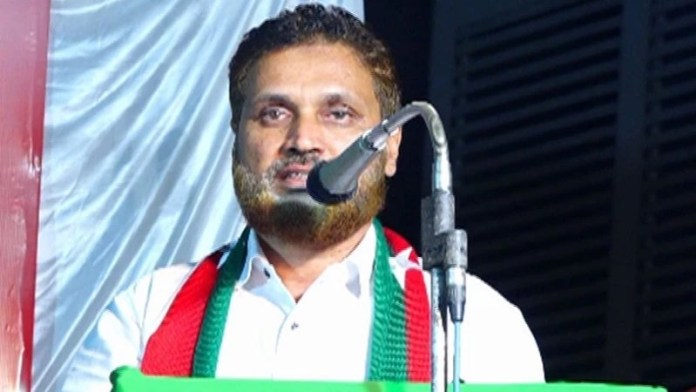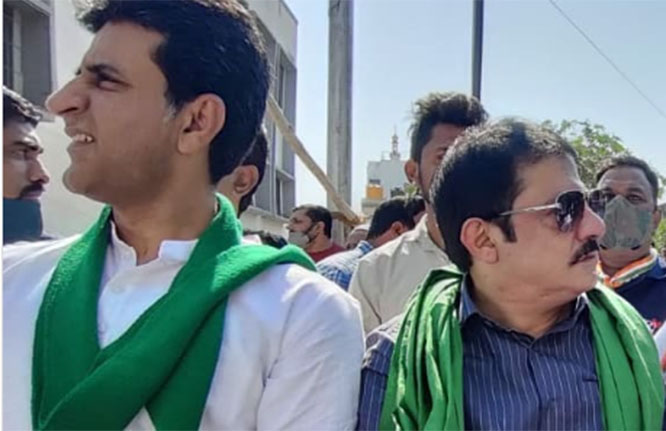
Mangaluru, Nov 22: The Social Democratic Party of India has warned the Congress leaders of dire consequences if they continue to target the SDPI workers. A video, which has gone viral on social media, depicts SDPI Dakshina Kannada District President Abubakkar Kulai is heard warning the Congress, has sparked row.
While addressing a public gathering, he said he has been observing that the Congress leaders are overcome by desperation at the growth of SDPI leaders during the last ten years in the Mangaluru Assembly constituency.
"The Congress party was disappointed to note the growth of our organization. As many as 58 representatives have emerged from this constituency. Seeing this, they (Congress leaders) are unable to bear our growth, and hence they are engineering attacks on our workers by hiring small-time goondas. You (Congress leaders) must be ashamed of it. Till now we had kept our heads low, but we have two 'Ms" with us. One is Manpower and two is Muscle power," Abubakker is heard saying.
"If you touch our workers anywhere. We will use our one M. Be careful. Our leaders have told us that if you want to join the SDPI, you should be ready for everything. You should be ready to sleep in hospitals. You must be ready to go to jail. You should be even ready to go to the graveyard.
"That doesn't mean that we will bow to you (Congress leaders). We know how to send you to that same hospital. And we also know how to send you to the same graveyard. We are going to respect the law of the land. We are giving respect to the law of the land. Hence, dare not touch our workers," he threatened.







Comments
Add new comment